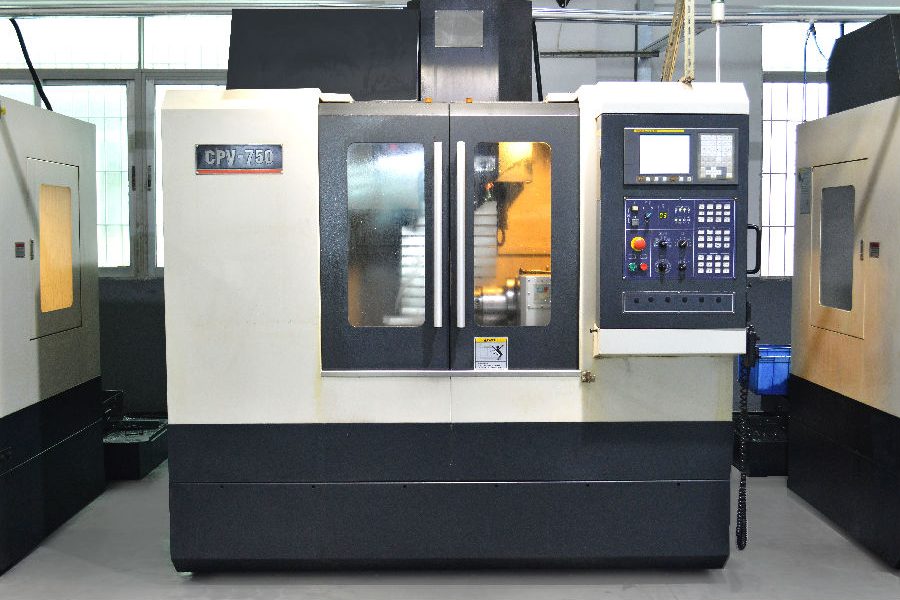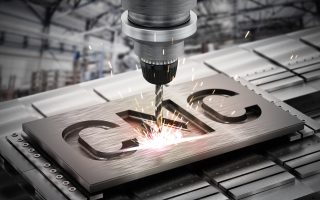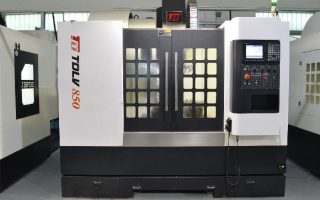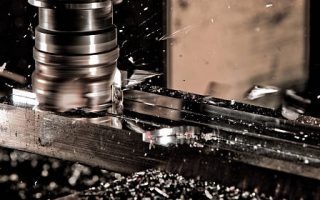
Introduction to CNC Machining Costs
CNC (Computer Numerical Control) machining is a manufacturing process that uses computerized controls and machine tools to remove layers of material from a workpiece to produce custom-designed parts. It is widely used in industries such as aerospace, automotive, medical, and consumer goods due to its precision, repeatability, and ability to handle complex geometries. However, one of the most common questions asked by businesses and individuals considering CNC machining is: “How much does CNC machining cost per hour?”
The cost of CNC machining per hour can vary significantly depending on a range of factors, including the type of machine, the complexity of the part, material costs, labor, and overhead expenses. In this comprehensive guide, we will break down the key factors that influence CNC machining costs, provide typical hourly rates, and discuss strategies to optimize costs for your projects.
Key Factors Influencing CNC Machining Costs
To understand how much CNC machining costs per hour, it is essential to examine the various factors that contribute to the overall pricing. These factors can be grouped into machine-related costs, material costs, labor costs, and additional overhead expenses.
1. Machine-Related Costs
The type of CNC machine used for the project plays a significant role in determining the hourly cost. Different machines have varying levels of complexity, precision, and capabilities, which influence their operational costs. Below are some common types of CNC machines and their associated costs:
- 3-Axis CNC Machines: These are the most basic and commonly used CNC machines. They are suitable for simple parts and generally have lower hourly rates, ranging from $30 to $50 per hour.
- 4-Axis and 5-Axis CNC Machines: These machines offer greater flexibility and can handle more complex geometries. Their hourly rates are higher, typically ranging from $75 to $150 per hour.
- High-Precision CNC Machines: Machines designed for ultra-precise applications, such as in the aerospace or medical industries, can cost $200 or more per hour due to their advanced capabilities and higher maintenance requirements.
In addition to the type of machine, the age and efficiency of the equipment can also impact costs. Older machines may require more frequent maintenance and consume more energy, leading to higher operational costs.
2. Material Costs
The choice of material for the workpiece is another critical factor in CNC machining costs. Different materials have varying levels of machinability, which affects the time and effort required to produce the part. Common materials used in CNC machining include:
- Metals: Aluminum, steel, stainless steel, brass, and titanium are frequently used metals. Aluminum is relatively easy to machine and has lower costs, while materials like titanium are more challenging to work with and can significantly increase costs.
- Plastics: Materials such as ABS, polycarbonate, and PEEK are often used for lightweight and non-conductive parts. Plastics are generally easier to machine and less expensive than metals.
- Exotic Materials: High-performance materials like Inconel or composites are used in specialized applications but are more expensive and challenging to machine.
Material costs can range from a few dollars per kilogram for common metals and plastics to hundreds of dollars per kilogram for exotic materials. Additionally, the amount of material waste generated during machining can also affect overall costs.
3. Labor Costs
Labor costs are a significant component of CNC machining expenses. While CNC machines are automated, skilled operators are still required to set up the machine, program the toolpaths, monitor the machining process, and perform quality control checks. The level of expertise and experience of the operator can influence labor costs. In general:
- Entry-Level Operators: Hourly rates for entry-level operators may range from $15 to $25 per hour.
- Experienced Operators: Skilled operators with years of experience can command rates of $30 to $50 per hour or more.
Labor costs can also vary depending on the region. For example, CNC machining services in North America and Europe tend to have higher labor costs compared to countries in Asia or Eastern Europe.
4. Overhead Expenses
Overhead expenses include costs associated with running the CNC machining facility, such as electricity, maintenance, tooling, software, and administrative expenses. These costs are typically factored into the hourly rate charged by machining service providers. Key overhead considerations include:
- Energy Costs: CNC machines consume significant amounts of electricity, especially high-powered machines used for heavy-duty applications.
- Tooling Costs: Cutting tools, such as end mills and drills, wear out over time and need to be replaced. The cost of tooling can vary depending on the material and complexity of the tools.
- Software Costs: CNC machining requires specialized CAD (Computer-Aided Design) and CAM (Computer-Aided Manufacturing) software, which can have licensing fees.
Overhead expenses can add $10 to $50 or more to the hourly rate, depending on the scale and efficiency of the operation.
Typical CNC Machining Hourly Rates
Based on the factors discussed above, the typical hourly rates for CNC machining can be summarized as follows:
- Low-End Rates: $30 to $50 per hour for basic 3-axis machining with standard materials and minimal complexity.
- Mid-Range Rates: $75 to $150 per hour for 4-axis or 5-axis machining, more complex parts, and higher-end materials.
- High-End Rates: $200 or more per hour for high-precision machining, exotic materials, and specialized applications.
It is important to note that these rates are averages and can vary depending on the location, service provider, and specific project requirements.
Strategies to Optimize CNC Machining Costs
If you are looking to reduce CNC machining costs for your project, consider the following strategies:
1. Simplify the Design
Complex geometries and tight tolerances can increase machining time and costs. Simplifying the design of your part, where possible, can help reduce costs. For example, avoid unnecessary features, minimize the number of setups required, and use standard hole sizes and threads.
2. Choose Cost-Effective Materials
Select materials that are easier to machine and more readily available. For instance, aluminum is often a cost-effective choice due to its machinability and affordability. Avoid using exotic materials unless they are essential for the application.
3. Optimize Batch Sizes
Producing parts in larger quantities can reduce the cost per unit by spreading setup and programming costs over a greater number of parts. Discuss batch size options with your machining service provider to find the most cost-effective solution.
4. Work with Experienced Providers
Partnering with an experienced CNC machining service provider can help you identify cost-saving opportunities and ensure high-quality results. Look for providers with a proven track record and expertise in your industry.
5. Leverage Design for Manufacturability (DFM) Principles
DFM is an approach that focuses on designing parts to be easier and more cost-effective to manufacture. Collaborate with your machining provider during the design phase to incorporate DFM principles and optimize your part for CNC machining.
Conclusion
The cost of CNC machining per hour can vary widely depending on factors such as the type of machine, material, labor, and overhead expenses. Typical hourly rates range from $30 to $200 or more, with higher rates associated with advanced machines, complex parts, and specialized applications. By understanding the factors that influence costs and implementing strategies to optimize your project, you can achieve a balance between quality and affordability for your CNC machining needs.
If you are unsure about specific aspects of CNC machining costs or need tailored advice for your project, consult with a reputable CNC machining service provider to get accurate quotes and expert guidance.




